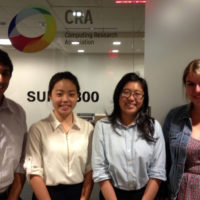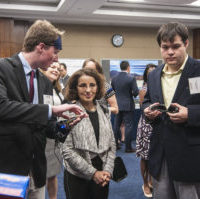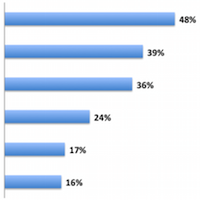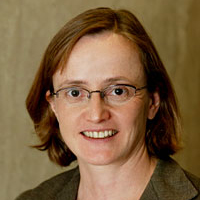
Eben Tisdale Public Policy Fellows Visit CRA Government Affairs Office
On Tuesday, July 5, the CRA Government Affairs Office welcomed the 2016 class of Eben Tisdale Public Policy Fellows to the CRA Washington, D.C. office. These fellows, who are undergraduate students, spent the summer at high-tech companies, firms, or trade associations in Washington, learning the intricacies of technology policy. Additionally, they took two classes worth six credits at George Mason University, and attended briefings at institutions such as the U.S. Capitol, U.S. Department of State, World Bank, and Federal Reserve. The fellows visited the office to attend a presentation by Brian Mosley, policy analyst in the CRA Office of Government Affairs, that covered the policy concerns and issues the association works on and attempts to influence at the federal level.














